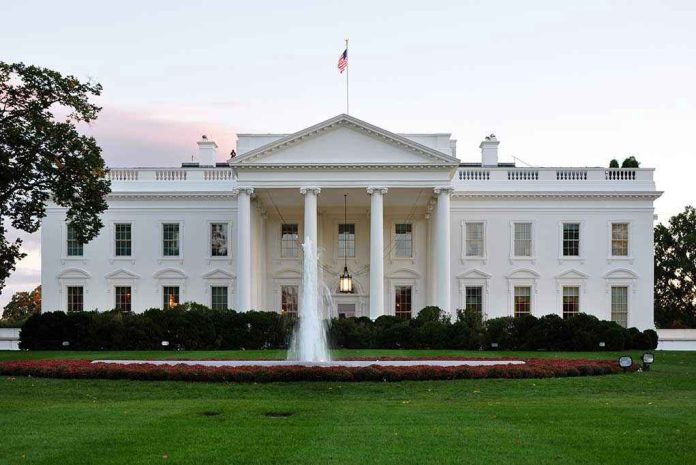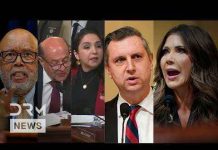
A White House decision ignites a firestorm as the CDC faces a sweeping leadership crisis.
Story Overview
- CDC Director Susan Monarez fired after less than a month in office.
- Multiple top CDC officials resign in protest.
- Conflict highlights tension between scientific integrity and political agendas.
- HHS Secretary Robert F. Kennedy Jr. defends the decision citing agency “malaise”.
CDC Leadership Shakeup
The Centers for Disease Control and Prevention (CDC) is facing a crisis after Susan Monarez was abruptly fired as its director. Appointed in early August 2025, Monarez’s tenure lasted less than a month. This dramatic removal follows a heated confrontation with Health and Human Services (HHS) Secretary Robert F. Kennedy Jr. Several senior CDC officials have resigned in protest, marking a significant leadership vacuum at one of the nation’s top public health agencies.
Monarez was the latest leader at the CDC to face intense political pressure. Her dismissal is framed as a conflict between maintaining scientific integrity and yielding to political influence. Monarez’s legal team announced she would not resign voluntarily, suggesting that her ouster was a defense of public health over political agendas. This event is unprecedented in its speed and scale, heightening concerns over the politicization of public health.
Tensions and Power Dynamics
Conflicts between the CDC’s scientific leadership and the HHS have been escalating. Robert F. Kennedy Jr., known for his controversial public health stances, cited a “malaise” within the CDC as justification for Monarez’s firing. The White House’s involvement signals a prioritization of executive control over scientific leadership, a move that resonates with some who support stronger oversight but alarms those worried about eroding scientific independence.
The resignations of top CDC officials further highlight the internal rift and discontent within the agency. These leaders, aligning with Monarez, emphasize a commitment to scientific principles over political directives. This mass exodus underscores the deep divisions and power struggles between federal health authorities and the executive branch.
Implications for Public Health and Governance
The immediate impact of this upheaval at the CDC could lead to delays in public health initiatives, potentially affecting the agency’s ability to respond to emerging health threats. Long-term, it could erode public trust in the CDC’s guidance and credibility. The situation sets a concerning precedent for political intervention in scientific agencies, which may deter scientific talent from engaging with federal institutions.
This development raises questions about the balance between political oversight and scientific independence in governance. While some argue that leadership changes are necessary for reform, the manner and timing of these actions suggest a chilling effect on scientific discourse and policy-making.


